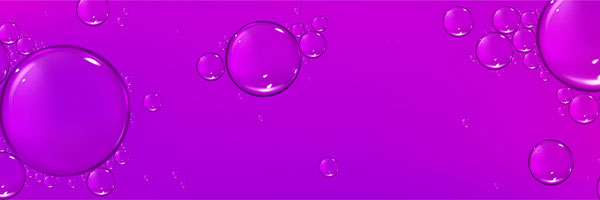29 Jan

15645 Views
Information About Collagen
Collagen is a type of protein found in every human body. Collagen is one of the primary structural components of connective tissues such as skin and cartilage. It is made up of carbon, oxygen and hydrogen. It contains amino acids such as Glycine, Proline, Hydroxyproline and Arginine. Collagen is generally found in fibrous tissues such as tendons, ligaments and skin. They are also found in the cornea, bone, blood vessels, cartilage, and digestive system. 1 percent or 2 percent of muscles are made up of collagen. Approximately 6 percent of total muscle weight consists of collagen. Collagen is an essential element for our body.
Collagen is part of the connective tissue that helps skin cells firmness, flexibility and continuous regeneration. It is very important for skin elasticity and is the main component of connective tissue. It makes up more than a quarter of the total protein found in the body, and collagen is the most abundant protein in the body. 90 percent of the collagen in the body is type 1 collagen found in the skin, tendons, internal organs and organic parts of the bone. Apart from that, other types of collagen are found in cartilage, bone marrow, lymphoid tissues and hair.
Amino acids are the building blocks that make up the types of proteins. To make collagen or any protein, our body combines amino acids. Amino acids can be obtained by eating and digesting protein-rich foods (white meat, red meat, eggs, etc.). Our body can then convert these amino acids into collagen. For this to happen, our body uses vitamins (vitamin C), minerals, zinc and copper. As a person ages, our bodies may not be able to absorb nutrients or synthesize these nutrients efficiently. This can cause collagen deficiency.
Collagen has a very important place for the functioning of a healthy body. Collagen deficiency can cause undesirable effects on the skin. The body loses its ability to produce collagen as we age. Collagen production may decrease due to excessive sun exposure, smoking, alcohol and poor diet. Malnutrition is one of the most important causes of collagen deficiency. Collagen production decreases if the body does not have the necessary elements, amino acids, and nutrients to process it.
As we age, collagen production naturally decreases. Decreased collagen production can begin in the mid-twenties. There is no way to measure collagen deficiency. Symptoms of collagen deficiency can be understood through observation;
-The skin loses its elasticity. However, wrinkles occur on the skin and wounds heal slower than before.
-Tendons and ligaments lose their flexibility and hardening occurs.
-Muscle mass decreases and cartilage wears away. Joint pain or osteoarthritis develops.
-The intestinal wall becomes thinner and more digestive problems may occur.
Although we have a healthy lifestyle, these effects are likely to occur with old age. Preventive measures can be taken before encountering these situations. After encountering, treatment can be applied with the help of a specialist. For collagen treatment, consult a specialist doctor.
We wish you healthy days…



Leave a Comment